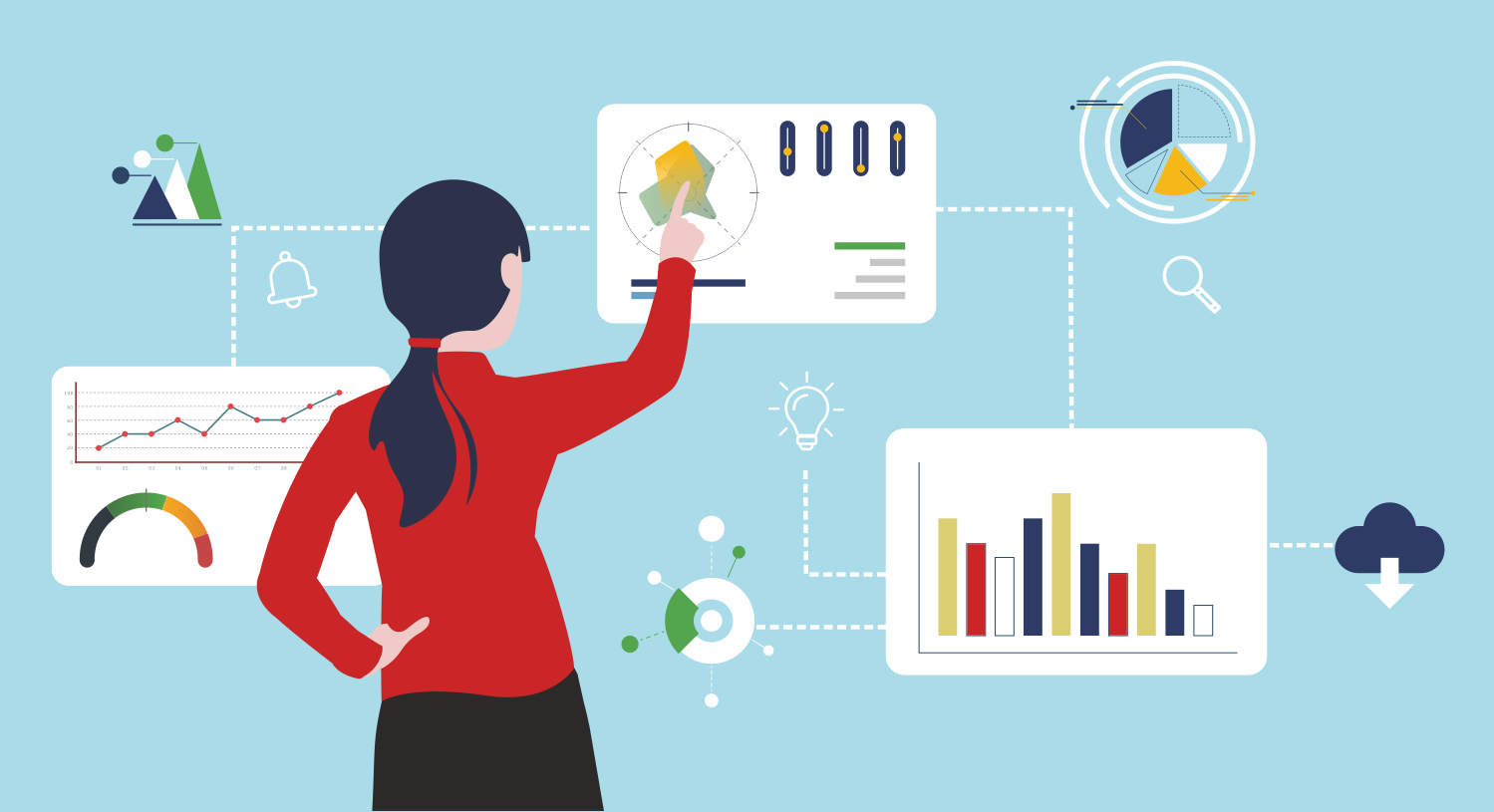Digital transformation has become a core tenet of building a better future for the oil and gas (O&G) industry. But digital transformation comes with its challenges. Big Data management across disparate sources, applications, and operational models in legacy systems creates data silos. Operators, service providers, and vendors are often unable to collaborate efficiently due to the poor data interoperability across proprietary systems.
The Open Group OSDU™ Forum's OSDU Data Platform is an open-source, vendor-neutral, and technology-agnostic data platform that can help. The Open Subsurface Data Universe (OSDU) Data Platform can provide the framework for the O&G industry to integrate and consolidate data more proficiently and increase cross-industry data interoperability.
Data Interoperability Issues in the O&G Industry
Over the decades, O&G companies have used proprietary data platforms developed by in-house engineering teams or purchased systems from third-party vendors. The use of proprietary platforms has led to a few issues:
● Interlinked Data and Applications: The data and applications layers are often intertwined with proprietary file formats and types. When companies need to move the data to a new platform, it is difficult and time-consuming. In some cases, it takes years to transfer data from one proprietary system to another.
● Siloed Data: Data stored in proprietary systems get siloed. It creates barriers to information sharing and collaboration. If an organization wants to figure out the source of a data-driven decision, tracing the decision tree is near impossible without data lineage information.
● Lack of Metadata: Metadata, or data about data, helps organizations quickly make sense of the collected information. Companies can consolidate data from various sources using metadata. When metadata is absent or non-standardized, it is harder to use the data constructively.
● Limited Search Capabilities: Proprietary platforms do not work well with others. As a result, organizations cannot search across platforms to find the data they need.
● Data Not Ready for AI/ML: O&G companies can use artificial intelligence (AI) and machine learning (ML) to make data-driven decisions. But organizations need quality data in a consistent format to train AI/ML algorithms. Without proper standards, the cost of preparing the data for AI/ML can be prohibitive.
OSDU Data Platform: An Easily Shareable, Open Platform for Collaboration
The OSDU Data Platform addresses the challenges of data interoperability for O&G companies. Shell established OSDU Forum together with the Open Group consortium in early 2018 and contributed their in-house Subsurface Data Platform (SDU) code to the open-source project. Later in 2019, Schlumberger joined the forum and donated their Data Ecosystem (DES) code for the OSDU Data Platform. Today the OSDU Forum has more than 200 members and is growing. Prominent cloud providers like Amazon AWS, Microsoft Azure, and Google Cloud are helping the members implement the OSDU Data Platform. The latest OSDU Release 3, also known as the Mercury Release, went live in March 2021.
The OSDU Data Platform helps the O&G industry in the following ways:
Breaks Down Silos
OSDU Data Platform separates application layers and data layers. Applications can interact with the data through OSDU Platform Core APIs. Due to the separation of data, O&G organizations can easily give authenticated access to subsurface and wells data. It enables secure, efficient, and global access. Data can seamlessly move between departments and organizations without getting siloed.
Standardizes and Consolidates Data Exchange
OSDU standards create a common framework for the O&G digital environments. Operators can use the available cloud-based OSDU Data Platforms to manage their data and collaborate with third-party developers. Adopting OSDU standards removes the barrier to data exchange or transfer between organizations.
Creates Pathway for Market Innovation
The OSDU Data Platform empowers O&G software developers and vendors to imagine and build applications that work for multiple operators. They do not need to custom-build software for each customer. Furthermore, developers and vendors can deliver their OSDU-compatible apps through the cloud marketplace instead of relying on individual contracts and custom deliverables. It opens opportunities to create reusable apps that cover the needs of different customers. The OSDU framework is also AI/ML application-friendly.
Conclusion
The objective of the OSDU Data Platform was to put data at the center. Applications and services are built around the data stored in standard formats. As a result, multiple OSDU instances can easily communicate with each other. Developers are empowered to make the next generation of applications without the restrictions of proprietary data formats. However, the OSDU Data Platform's success depends on global participation. The adoption of the OSDU Data Platform will increase data interoperability and accelerate digital transformation for the energy industry.
Wellsite™ connects remote drilling and completion operations and provides real-time data, analytics, and tools to help you make better decisions faster. Contact us today to learn about OSDU Data Platform support in our applications.
Research:
● https://www.accenture.com/us-en/insights/energy/oil-gas-osdu-open-subsurface-data-universe
● https://www.accenture.com/us-en/services/energy/osdu
● https://ihsmarkit.com/research-analysis/alignment-with-osdu-technical-standard.html
● https://www.energistics.org/osdu-activity/
● https://osduforum.org/
● https://osduforum.org/osdu-r3-mercury-launch-page/
● https://www.opengroup.org/open-group-osdu-forum-launches-osdu-data-platform-mercury-release
● https://osduforum.org/application-development/why-build-an-application-on-osdu/
● https://community.opengroup.org/groups/osdu/platform/data-flow/data-loading/-/wikis/home
● https://aws.amazon.com/energy/osdu-data-platform
● https://community.opengroup.org/osdu/documentation/-/wikis/Releases/R2.0/GCP/GCP-Operations-Guide
● https://community.opengroup.org/osdu/documentation/-/wikis/Azure-Operating-Procedures-for-OSDU
● https://news.microsoft.com/2021/03/29/schlumberger-and-microsoft-expand-partnership-to-bring-open-enterprise-scale-data-management-to-the-energy-industry/
● The Open Subsurface Data Universe™ (OSDU) Forum: A Game Changer for the Energy (Subsurface) Industry [https://www.youtube.com/watch?v=jWIe3dNxvA4]
● Open Subsurface Data Universe [https://www.youtube.com/watch?v=dimDZxbW8q4]
● World Oil webcast: The OSDU™ data platform: Why we built it [https://www.youtube.com/watch?v=KvxsE8J1J8o]
● https://www2.deloitte.com/content/dam/Deloitte/us/Documents/process-and-operations/agile-manufacturing-for-og-unconventionals.pdf
● https://www.opengroup.org/osdu/current-members
● https://osduforum.org/roadmap/mercury-release/
● https://osduforum.org/osdu-platform-core-apis/
● https://www.software.slb.com/data/guide-to-osdu-data-platform
● https://www.opengroup.org/membership/forums/open-subsurface-data-universe/target

